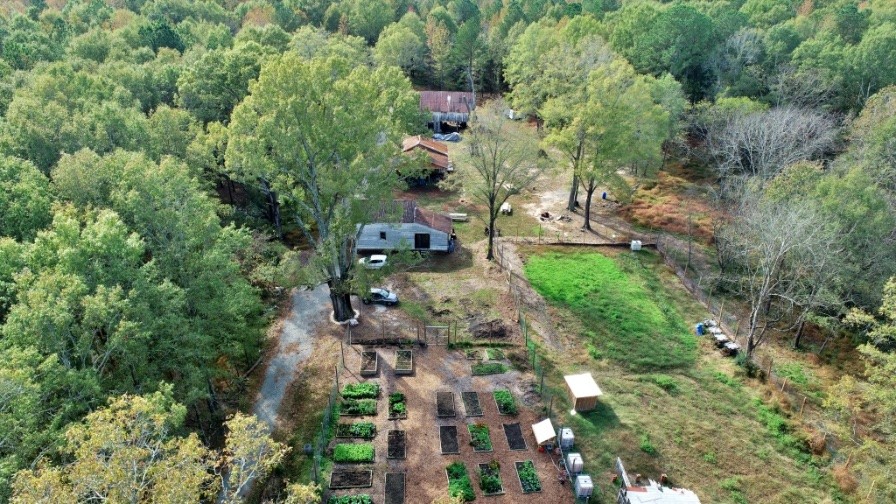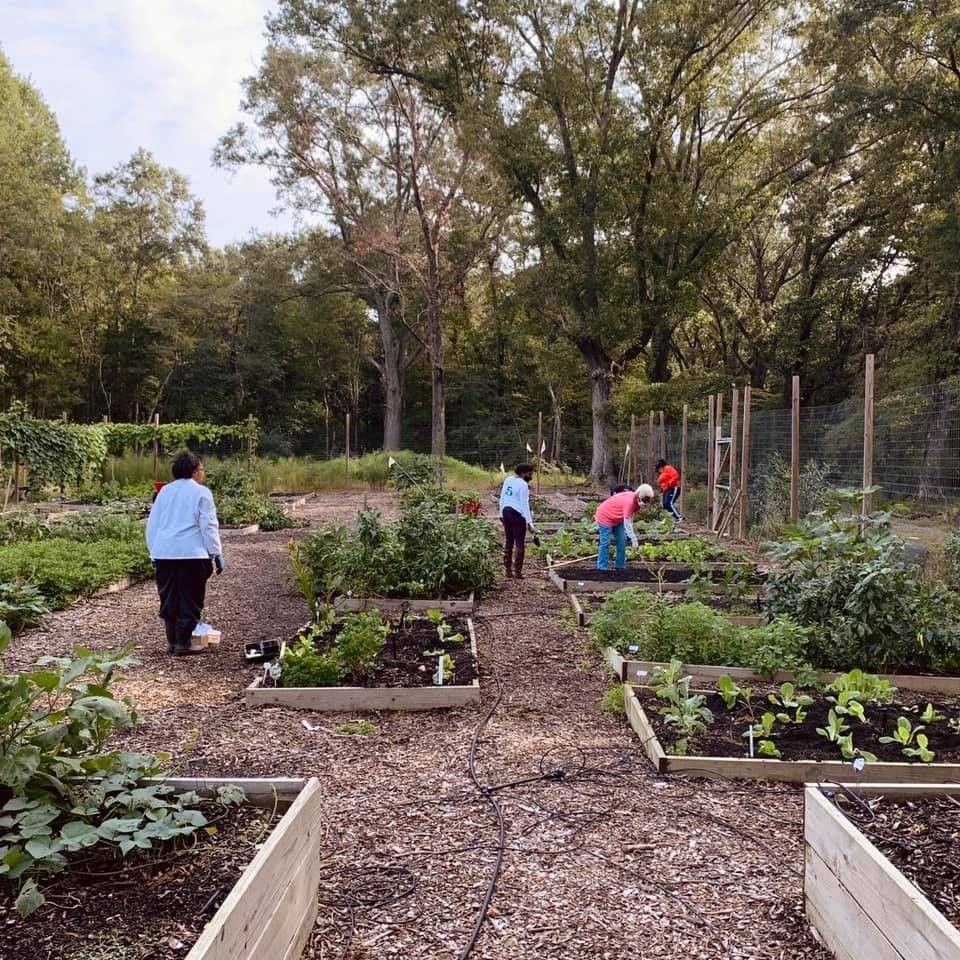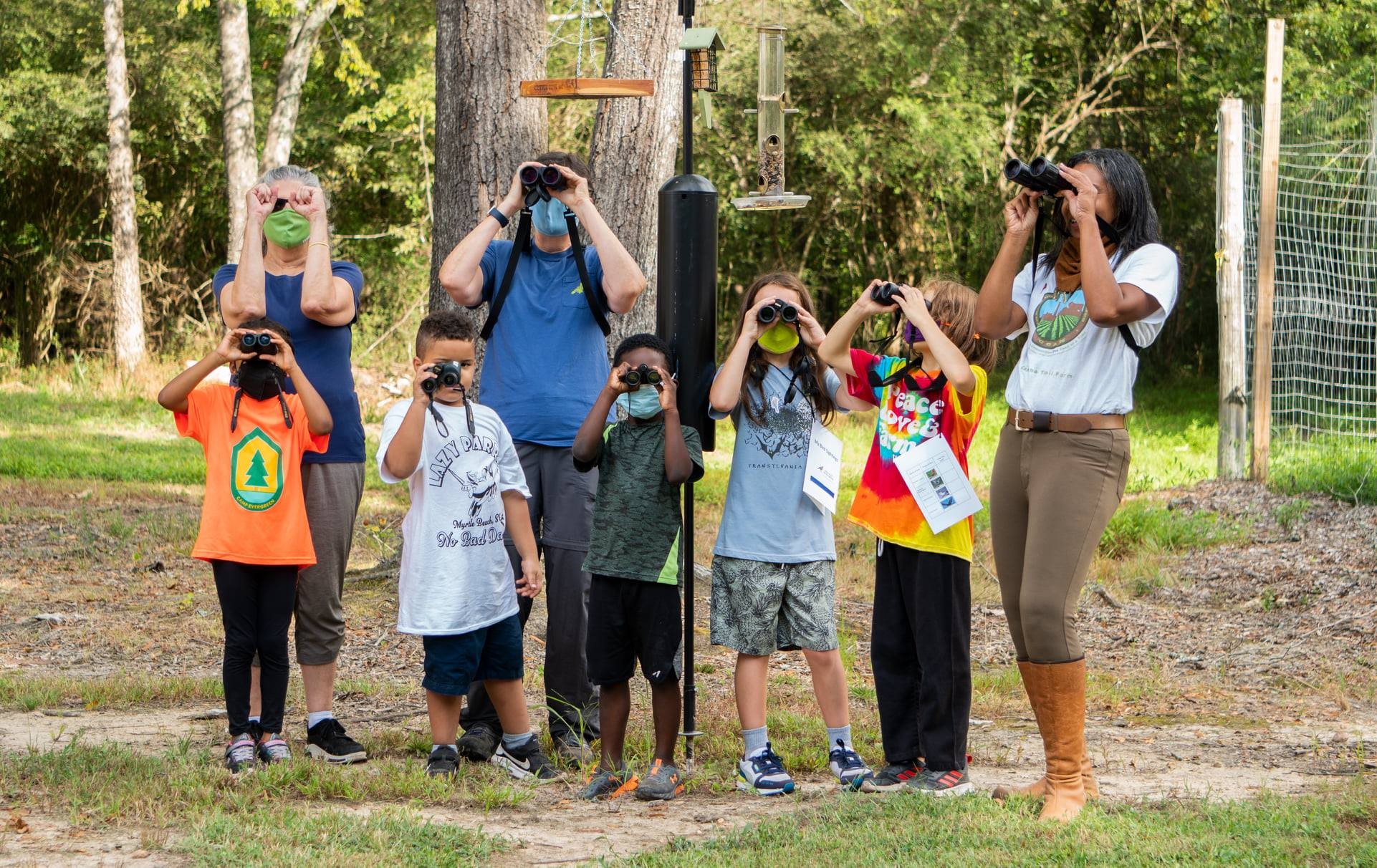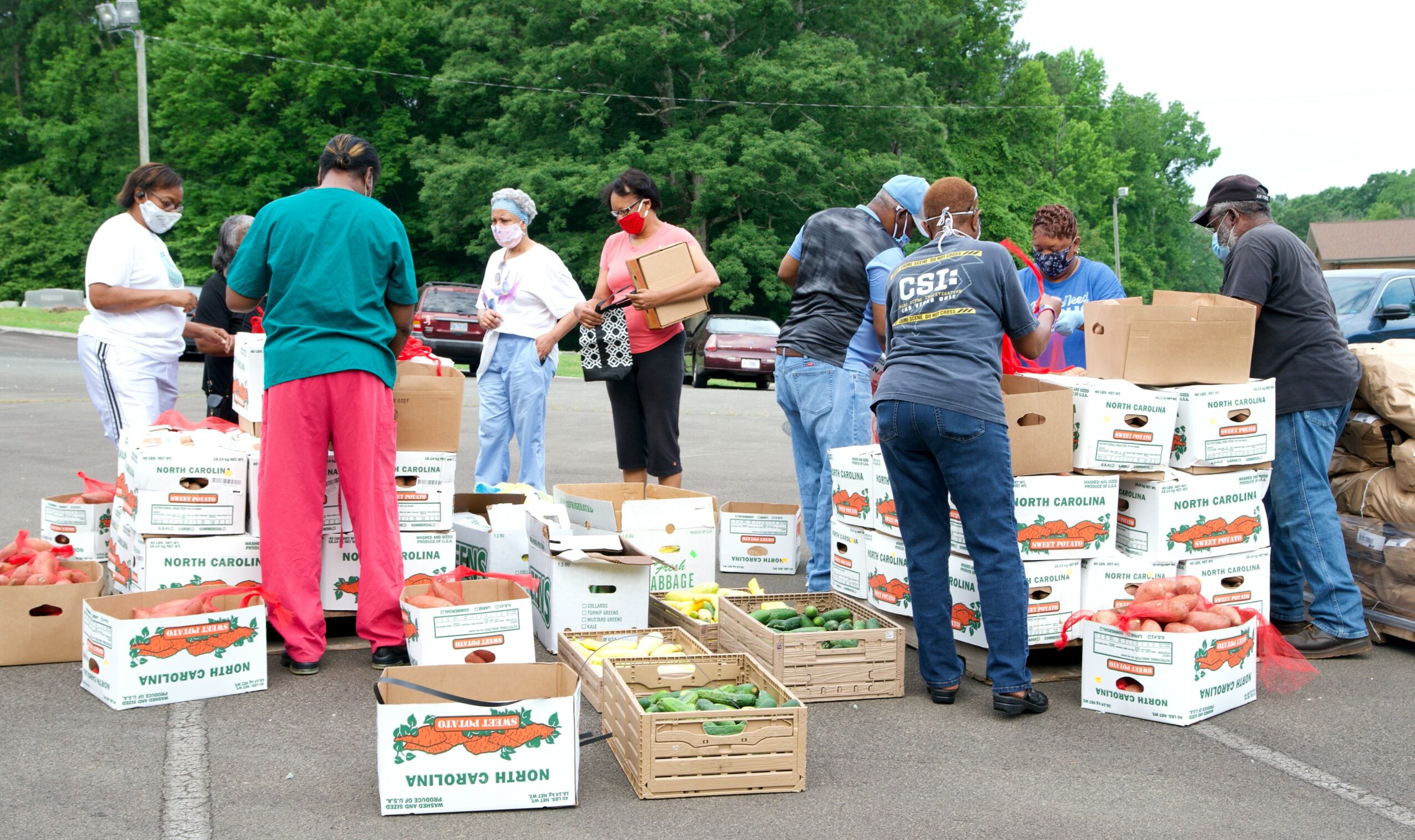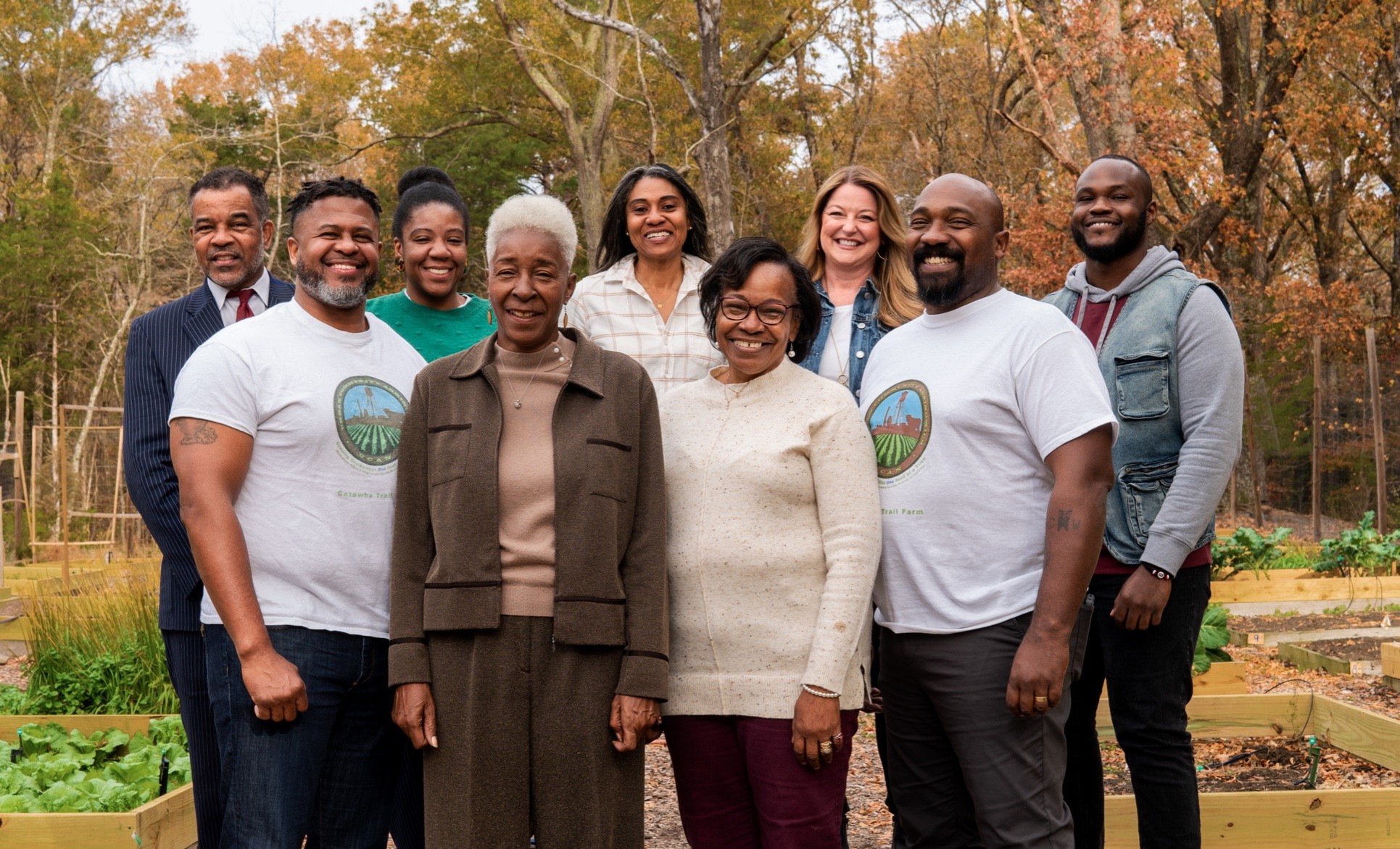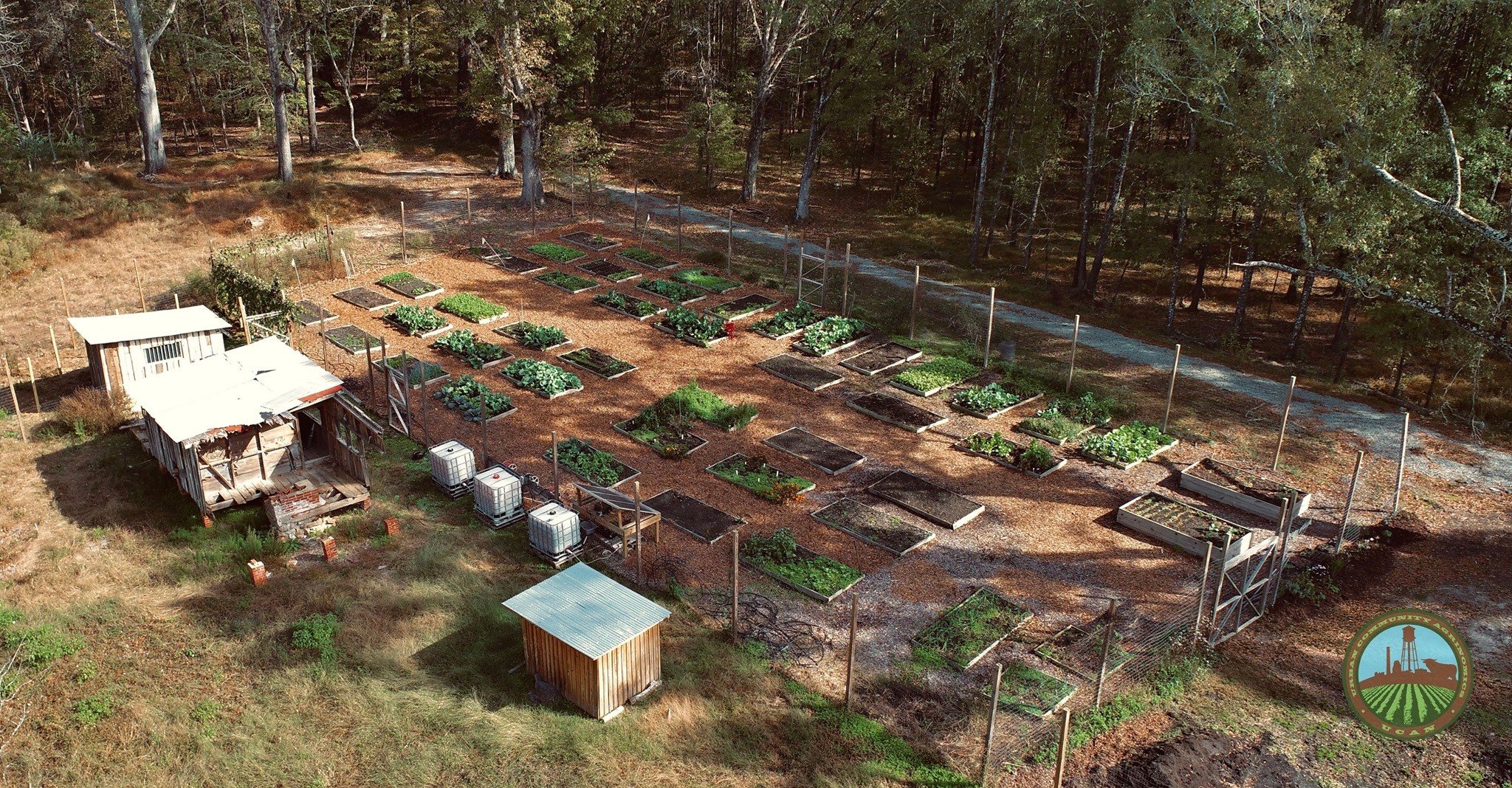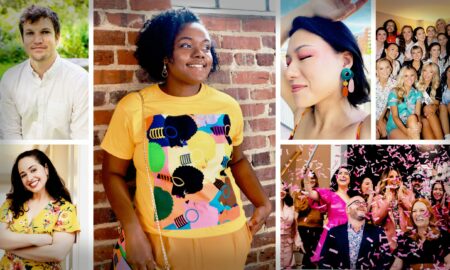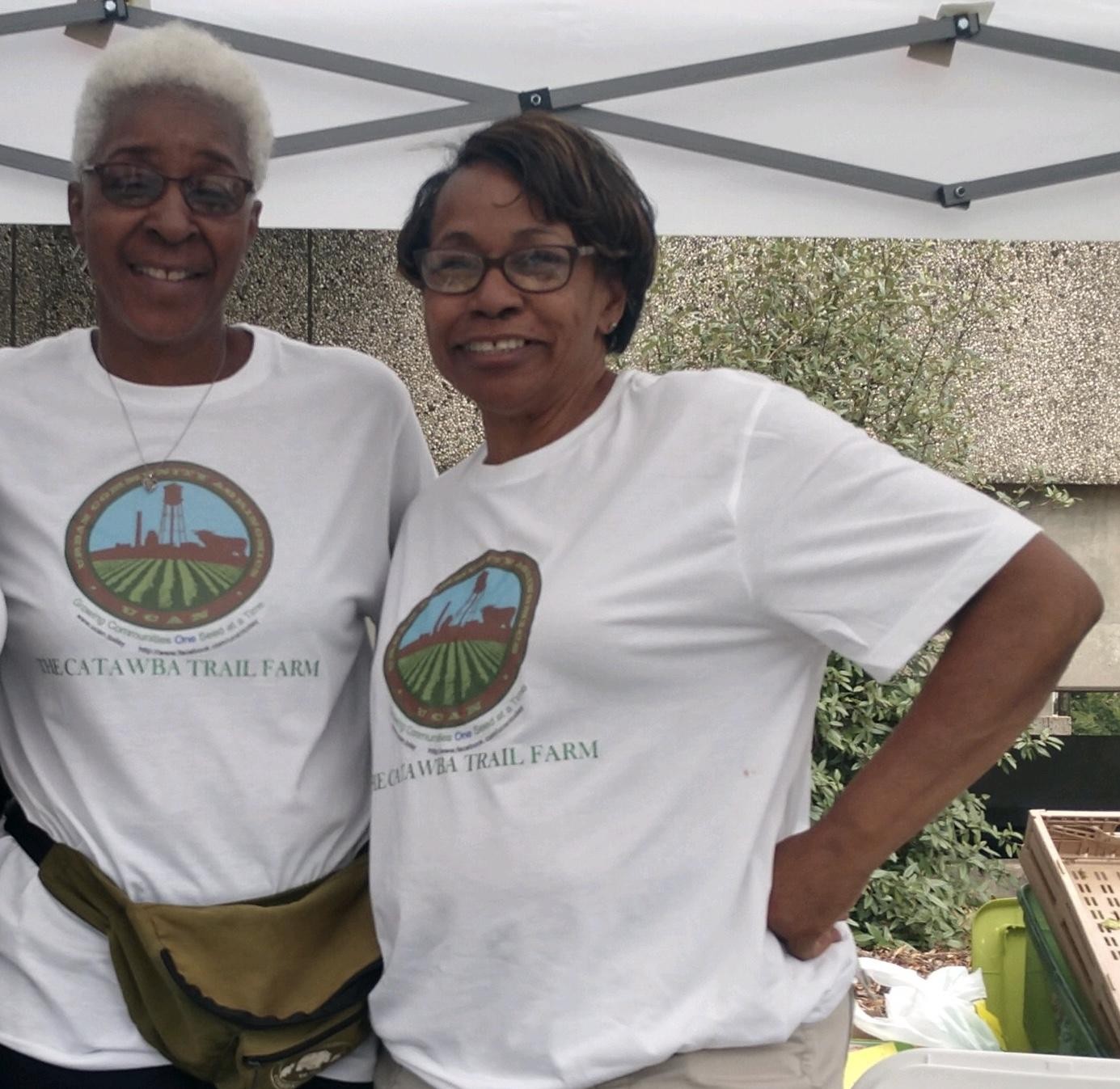
Today we’d like to introduce you to Delphine Sellars.
Alright, so thank you so much for sharing your story and insight with our readers. To kick things off, can you tell us a bit about how you got started?
In April 2016, my sister Lucille Godley Patterson and I officially established Urban Community AgriNomics (UCAN); a 501(c)3 nonprofit organization. At the time, Lucille worked for the City of Durham as a Recreation Specialist and I was employed as the Director of Durham County Extension Services. Both of us were approaching retirement and knew that we did not want to let the gifts we possessed languish. As County Extension Director I served on many Boards and Committees. Prior to my retirement in the summer of 2016, I served on the Board of Triangle Land Conservancy.
I inquired about access to the property, green open spaces, i.e. land, and the response was “we have just the place for you to see”. Upon seeing the property, Lucille said to me “you must have bumped your head”. However, we moved forward, and following the creation of a User License Agreement, UCAN was given the right to develop TLC’s Snow Hill IV property for the benefit of the community. Having grown up on a vegetable farm in eastern NC, Washington, NC, we knew something about farming. With a vision focused on agriculture, health & nutrition, education, and economics we began our journey of “Growing Community One Seed at a Time” through agriculture, a community garden to combat food insecurity, a determination to increase youthful academic success, and goal of enhancing residential resiliency.
Early, January 2018 a small group gathered at Snow Hill IV ready to create our farm! The Catawba Trail Farm. Seventy-plus years of neglect was evident in the level of structural decay, there were large fallen trees and a huge amount of overgrowth. Our major tasks were all addressed somewhat simultaneously, i.e. clearing land, deconstructing buildings, erecting a garden fence around 47 raised beds, and promoting the resource by engaging people. This small minority founded and lead nonprofit has transformed a property that once held the enslaved. We are blessed to be chosen to reclaim this land in honor of our ancestors, to acknowledge their legacy. We celebrate those who were marginalized and we welcome all wishing to make a difference in the lives of others.
From January 2018 till now, Urban Community AgriNomics (UCAN), created by two sisters has focused on building infrastructure while working intentionally with the community in fulfilling the mission, purpose, and vision of the organization. With a supportive nine-member Board, a host of volunteers, access to funding opportunities, and true grit, we now have: Bees, a traditional planting area, community garden, chickens, a small orchard, and youth and adult programming, services, and opportunities. We partner with local schools, corporations, family and personal enrichments and development organizations, and the agriculture/food security networks.
When all is said and done, we are engaged in Building Human Equity. That’s the story of Delphine and Lucille’s return to their roots!
There is so much more that could be shared about this journey. Aside from doing all that is involved in reclaiming this old farmstead we also conduct monthly Communitywide Food Distributions. For a total of eight months in 2020 and 2021, we have distributed fresh fruits, vegetables, and eggs to feed over 400 people per month.
UCAN is now involved in a fundraising campaign for our single biggest project ever, the Restoration and Repurposing of the Millhouse. We have the architectural drawing to redesign an onsite millhouse into a Central Facility. Whereas the exterior will remain the same the interior will include a demonstration kitchen, meeting space, coolroom, research areas, and other much-needed amenities. This is an Investments in Building Human Equity.
I’m sure you wouldn’t say it’s been obstacle-free, but so far would you say the journey has been a fairly smooth road?
This has not been a smooth road but it has been a very Blessed road. With less than $250 in the bank, we set out to clear the land, remove old dangerous buildings, build a community garden, and more, all by spring of 2018. This was occurring as we aggressively sought much-needed financial support. Volunteers came, contracts were created and we actually planted by mid-summer. Had it not have been for two very generous supporters and serval local philanthropic organizations who took a chance on a small upcoming nonprofit, we would not be at our present destination.
Struggles include building an infrastructure with very limited funds. This includes: Digging well, deconstructing a two-story stable, clearing fallen and dead trees, building 47 raised garden beds fill them with soil, and enclosing them in a ten-foot-high fence. It has and continues to be a struggle and a process.
When there is no paid staff and a pure volunteer workforce, including the Board, change in board membership is inevitable. Unfortunately needed skills and abilities go with them. The blessing is that all former Board members are Friends of UCAN.
Among the greatest struggle has been dealing with unscrupulous contractors. This required a rapid learning curve and we were a victim. It temporarily breaks your spirit; evil knows no race, color, or ethnicity. Knowledge is definitely Power.
As you know, we’re big fans of you and your work. For our readers who might not be as familiar what can you tell them about what you do?
I am the Executive Director (ED) and Co-Founder with Lucille Patterson, Volunteer & Garden Coordinator, of Urban Community AgriNomics (UCAN). We are reclaiming an old farmstead, that once held enslaved people. The two of us lead a team in turning this former plantation into the Catawba Trail Farm by building infrastructure while simultaneously providing a variety of resources and services to the community.
UCAN gives residents access to open green spaces and opportunities in agriculture that affects academic success, health and wellness, food and nutrition, and economics. We are builders of human equity; focusing on the unique and intangible assets each person possesses that can be directed or redirected and embraced to improve their lives, their family, and community.
As the ED I, Delphine Sellars, lead the organization, advising and strategically formulating plans in line with the desires and directive of a nine-member Board. Although an unpaid employee I have assumed responsibility for all things UCAN: budgeting, planning, grant writing. I wear many hats, which is normal for a small nonprofit; especially when considering the level of work and impacts we are seeking. I am ultimately responsible for the success and failure of the organization; I must project the vision in all that I do. I am so very proud of this organization and its Board, I am proud of our ability to acquire support, I am extremely proud of the ability to share and build upon the legacy of my ancestors.
Lucille Patterson is outstanding as a volunteer recruiter and coordinator. Her ability to “never meet a stranger” is worth its weight in gold. Volunteers and garden plot owners are with us because of her openness to the diverse population of our community. As a garden coordinator she and I, have learned to continuously educate ourselves and learn from our circle of elders and specialists. Having been a Recreation Specialist she effectively works with a diversity of parents and children in a caring and engaging manner.
Lucille is most proud of the level of collaborations that have occurred; the diversity of the people wanting to join the service of learning and building at Catawba Trail Farm.
What quality or characteristic do you feel is most important to your success?
Caring – We do what we do out of love for people, love for this earth that we inhabit. Sharing is Caring! The caring mandates that we invest in building human equity.
Truth – We all deserve the truth, be it good, bad, or ugly. Truth is the beginning of healing. Respect the teller of truth.
Transparency – This is us; respect is an expectation that is mutually granted. With all of our human fragilities, we present who we are without any hidden motives.
Responsible – We are each responsible for knowing that how we accept our responsibilities will impact others.
Pricing:
- Raised Garden Bed are $100 per year
- Variety of seasonal fresh vegetables; prices vary
- Tee shirts, prices based on size
- Various UCAN Products at varying prices
Contact Info:
- Email: dsellars@ucan.today
- Website: www.ucan.today
- Instagram: https://instagram.com/urbancommunityagrinomics/
- Facebook: www.facebook.com/ucantoday
- Youtube: https://www.youtube.com/Channel/UCnMFtsZvZ4dqW-tvdGRDKIA
